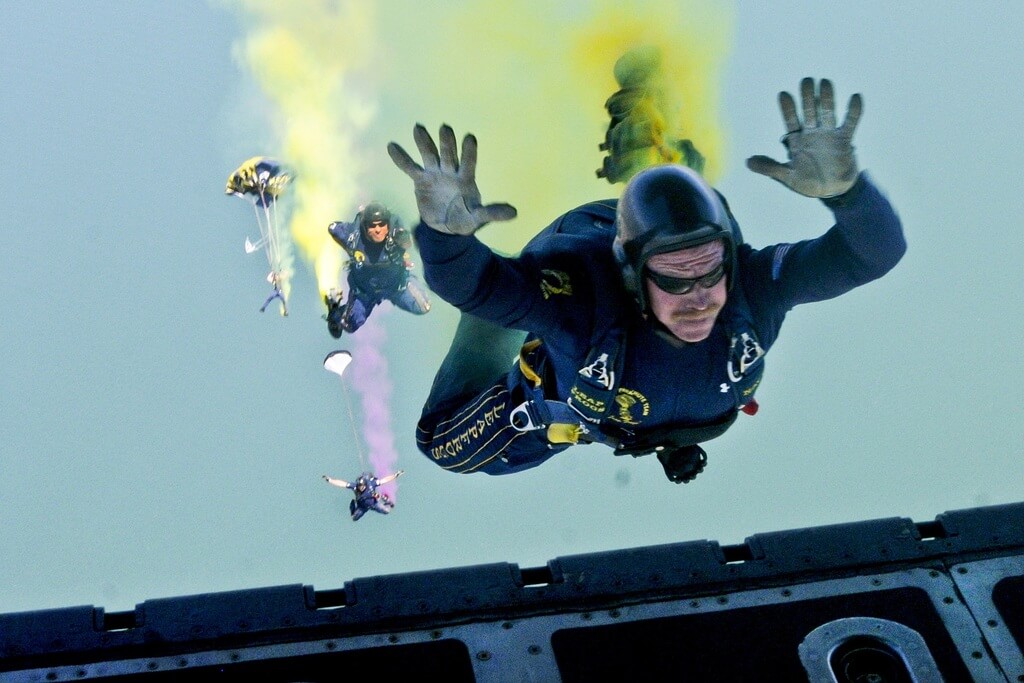The Evolution of Sports: From Ancient Origins to Modern Spectacles
Sports, a universal language transcending cultural and linguistic boundaries, have been an integral part of human society for centuries. The evolution of sports is a fascinating journey that mirrors the evolution of society itself. From its humble beginnings as survival skills and contests of strength to the elaborate global spectacles of today, sports have transformed into a multi-billion-dollar industry that captivates audiences worldwide. This article delves into the historical trajectory of sports, highlighting key milestones and discussing their social, cultural, and economic significance.
Ancient Origins: From Survival to Celebration
The roots of sports can be traced back to the ancient civilizations that flourished across the globe. In ancient Egypt, wrestling and archery were practiced as means of training warriors for battle. In ancient Greece, the Olympic Games emerged as a testament to the human pursuit of physical excellence and fair competition. These early contests were imbued with religious and cultural significance, serving as platforms to honor deities and build camaraderie among city-states.
Medieval Contests and Renaissance Revival
As societies transitioned into the Middle Ages, sports began to take on new forms. Jousting, a popular medieval sport, combined martial skills with entertainment, captivating audiences with daring displays of horsemanship and combat prowess. Meanwhile, the Renaissance witnessed a revival of interest in classical ideals, sparking a renewed fascination with the athletic feats of ancient Greece and Rome. This period laid the groundwork for modern sports by emphasizing the value of physical fitness and skill.
Industrial Revolution and the Birth of Modern Sports
The 19th century, marked by the Industrial Revolution, saw the emergence of modern sports as we know them today. Urbanization and improved transportation facilitated the organization of competitions on a larger scale. Sporting clubs and associations were founded, codifying rules and standardizing practices. Cricket, football (soccer), and rugby began to gain popularity in England, while baseball and American football found their roots in the United States. The establishment of the modern Olympic Games in 1896 in Athens marked a pivotal moment, bringing together athletes from around the world in the spirit of global unity and healthy competition.
The Twentieth Century: From Grassroots to Global Phenomenon
The 20th century witnessed an explosion in the popularity of sports. Advancements in media technology, particularly the advent of radio and television, allowed sports to reach larger audiences, transforming athletes into household names. The Super Bowl, the FIFA World Cup, and the Summer and Winter Olympics became mega-events that captured the attention of billions, transcending national boundaries and uniting people in shared experiences.
Sports as Entertainment and Economic Powerhouses
In the 21st century, sports have become more than just athletic contests; they are entertainment spectacles and economic powerhouses. Global sponsorship deals, broadcasting rights, and merchandise sales have turned sports into a multibillion-dollar industry. Star athletes are not only celebrated for their on-field accomplishments but also for their endorsements and influence off the field. This fusion of sports and entertainment has created a symbiotic relationship that fuels the growth of both industries.
Social and Cultural Impact
Beyond the economic aspects, sports have a profound social and cultural impact. They serve as a platform for social change and unity. Iconic moments like Jesse Owens defying racial prejudice in the 1936 Olympics or the “Miracle on Ice” during the 1980 Winter Olympics, where the U.S. ice hockey team’s victory united a nation amidst Cold War tensions, demonstrate the power of sports to transcend political differences and inspire hope.
Challenges and the Future
While sports continue to captivate audiences, they also face numerous challenges. Issues such as doping scandals, athlete exploitation, and the commercialization of sports raise ethical questions. Furthermore, the digital age presents both opportunities and threats, as the availability of streaming services transforms how audiences engage with sports.
As we look to the future, the evolution of sports is likely to be influenced by technological advancements, shifting societal norms, and a renewed emphasis on inclusivity and diversity. Virtual reality, esports, and innovative formats could reshape how sports are played and experienced. It is essential to find a balance between tradition and innovation to ensure that the core values of sports, such as fair play and healthy competition, are preserved.
In conclusion, the journey of sports from ancient contests to modern global spectacles is a testament to the indomitable spirit of human competition and the power of shared experiences. Sports have evolved alongside society, reflecting its values, aspirations, and challenges. As we continue to celebrate the achievements of athletes and immerse ourselves in the excitement of competition, let us also reflect on the profound impact that sports have on our world, both on and off the field.
Sports play a significant role in American culture, and the United States has a rich and diverse sporting landscape. Here are some of the most popular and prominent sports in the USA:
American Football: American football, often referred to simply as “football” in the United States, is one of the most popular sports in the country. The National Football League (NFL) is the professional league and the Super Bowl, its championship game, is one of the most-watched television events in the country.
Basketball: Basketball is another major sport in the USA, with the National Basketball Association (NBA) being the premier professional basketball league. The sport has a large following at both the professional and college levels.
Baseball: Often called “America’s pastime,” baseball has a deep-rooted history in the United States. Major League Baseball (MLB) is the professional league, and the sport holds a special place in American culture.
Soccer (Football): While soccer might not have historically been as popular as other sports in the US, it has been growing in popularity over the years. Major League Soccer (MLS) is the top professional soccer league, and interest in international soccer events like the FIFA World Cup has also increased.
Ice Hockey: Ice hockey is particularly popular in regions with colder climates. The National Hockey League (NHL) is the professional league and has a passionate fan base.
Golf: Golf is a widely enjoyed recreational activity and competitive sport in the United States. The country has hosted many prestigious golf tournaments, including The Masters, the U.S. Open, and the PGA Championship.
Auto Racing: Auto racing, especially NASCAR (National Association for Stock Car Auto Racing), has a strong following in the US. The Indianapolis 500 and Daytona 500 are two of the most famous races.
Tennis: Tennis is popular at both the recreational and professional levels. The US Open, one of the four Grand Slam tournaments, is held annually in New York City.
Mixed Martial Arts (MMA): MMA has gained significant popularity, with the Ultimate Fighting Championship (UFC) being the premier MMA organization.
College Sports: College sports, particularly football and basketball, have a huge following. College football, in particular, is very popular in certain regions, with schools like the University of Alabama and Ohio State University having strong football traditions.
Track and Field: Track and field events have a strong presence in the US, with the Olympics and other international competitions showcasing American athletes’ talents.
Wrestling: Both amateur and professional wrestling have their place in American sports culture. Collegiate wrestling is also popular at the college level.
These are just a few examples of the many sports that are popular in the United States. Sports hold a unique place in American society, with many events and athletes becoming iconic figures in the country’s history.

.png)
.png)


